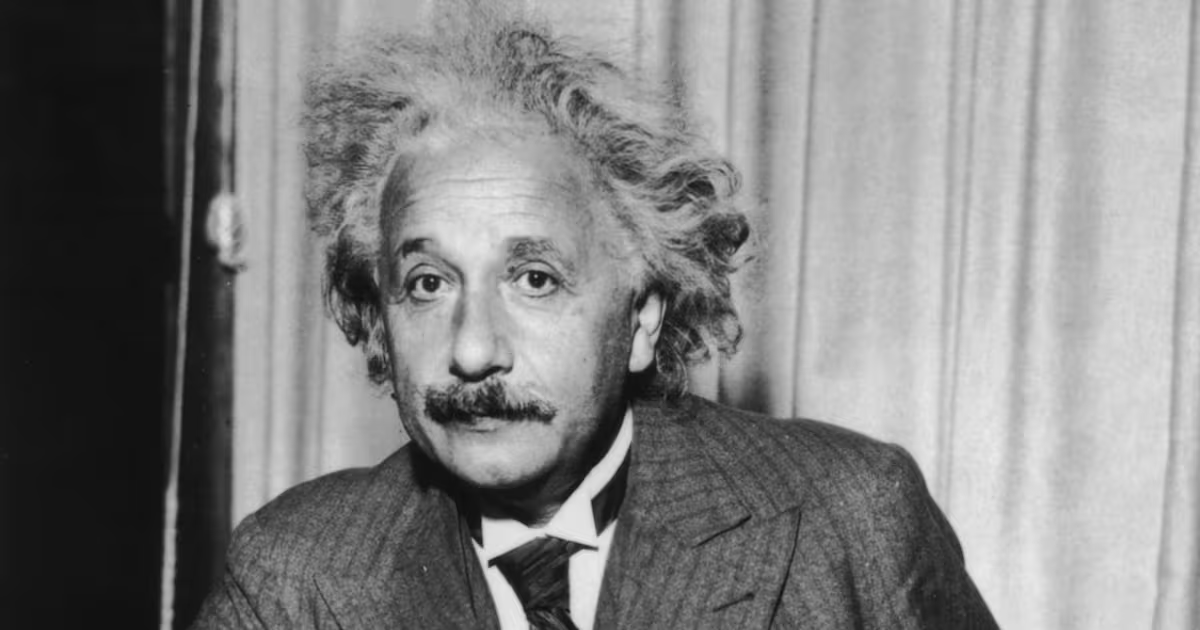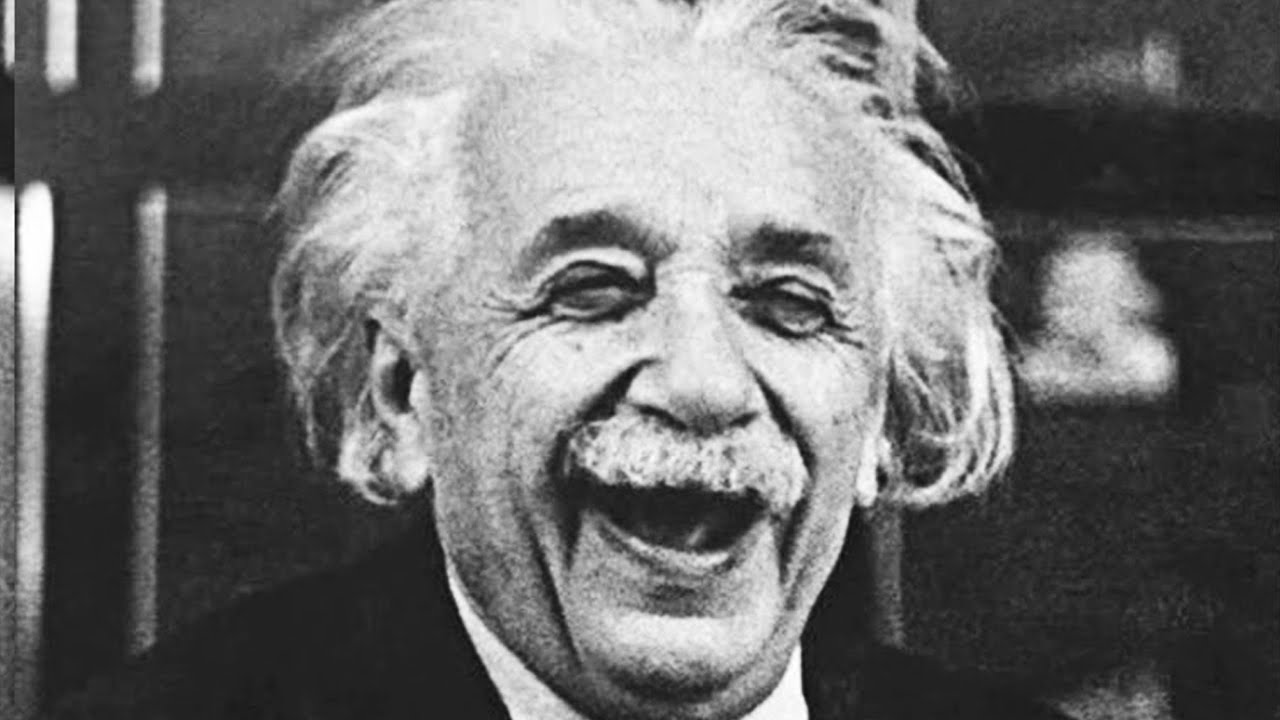Albert Einstein

Albert Einstein with his signature wild hair and a gentle, thoughtful expression
Biography
Born in 1879 in Ulm, Germany, Einstein was a soft-spoken, violin-playing daydreamer who famously didn’t speak fluently until age four—and yet went on to unravel the mathematical scaffolding of the universe. He fled the rigidity of the German school system and found intellectual freedom in Switzerland, where he studied physics and worked, humbly, as a patent clerk in Bern.
While other clerks stamped applications, Einstein cracked open the laws of the cosmos. In 1905, during what’s now called his annus mirabilis, he published four revolutionary papers—on light, atoms, motion, and energy—that made the physics world sit bolt upright. One of them introduced special relativity, another gave us E=mc², and a third helped prove that atoms exist. Not bad for someone working outside academia.
By 1915, Einstein had moved to Berlin and unveiled his masterwork: the general theory of relativity. Gravity, he declared, wasn’t some spooky invisible force—it was the warping of spacetime itself. When a 1919 solar eclipse confirmed his theory, headlines blared across the globe. Suddenly, Einstein wasn't just a physicist—he was a cultural phenomenon.
As fascism tightened its grip on Germany, Einstein, a Jew and outspoken pacifist, fled to America in 1933, never to return. At Princeton, he searched for a 'unified field theory' to unite all physical forces—a quest that eluded him but inspired generations. Though he warned President Roosevelt about Nazi interest in nuclear weapons, he remained a steadfast critic of war and later opposed the arms race his equation had helped spark.
Einstein died in 1955, brain ablaze with unfinished questions. He left behind no empire, no fortune—just a legacy of ideas that still pulse through black holes, GPS satellites, and the minds of every kid who’s ever looked up and wondered, 'How does it all work?'
Einstein didn’t just understand the laws of nature—he dared to question them. He showed the world that true intellect means embracing uncertainty, resisting dogma, and using knowledge to serve humanity, not destroy it. His life reminds us that brilliance without empathy is hollow—and that wonder, not war, should be our legacy.
?
How did Einstein's pacifism shape his actions during World War II and the Cold War?
Why was Einstein awarded the Nobel Prize for the photoelectric effect rather than relativity?
What did Einstein mean when he said, 'Imagination is more important than knowledge'?
In what ways did Einstein’s politics and beliefs affect his scientific career?
How did Einstein’s theory of relativity change our understanding of time and space?
What were Einstein’s contributions—and criticisms—of quantum mechanics?
Why did Einstein refuse the presidency of Israel, and what does that say about his values?
Dig Deeper
Nobel Prize winner Albert Einstein is one of the most influential and well-known physicist in history. Learn more about his life and work in this mini biography.
Before he turned physics upside down, a young Albert Einstein supposedly showed off his genius by devising a complex riddle involving a stolen exotic fish and a long list of suspects. Can you resist tackling a brain teaser written by one of the smartest people in history? Dan Van der Vieren shows how.
Discover more

Marie Curie
Marie Curie discovered polonium and radium, defined the field of radioactivity, and used her knowledge to treat wounded soldiers on the frontlines of World War I.

Isaac Newton
Formulated the laws of motion and universal gravitation, transformed optics, and co-invented calculus—laying the foundations of modern physics.

Galileo Galilei
Galileo showed that one person’s commitment to evidence can ripple across centuries, changing the way humanity sees itself in the universe.
Further Reading
Stay curious!
